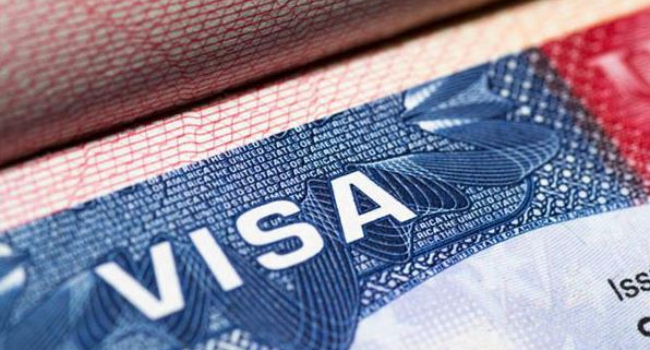
The United States Embassy in Nigeria has issued an important clarification for Nigerian travellers: the expiry date on a U.S. visa does not determine how long a visitor can stay in the country.
The advisory, shared on the embassy’s official X (formerly Twitter) account on July 17, aims to address a common misunderstanding that has led many international visitors to unintentionally overstay their approved time in the U.S.
According to the embassy, a U.S. visa only allows a traveller to approach a port of entry and request admission—it does not guarantee entry or specify how long a person can remain in the country. That decision is made solely by a U.S. Customs and Border Protection (CBP) officer at the point of entry.
“Reminder! The length of time an international visitor is allowed to stay in United States is determined by the Customs and Border Protection (CBP) officer upon your arrival, NOT your visa expiration date,” the embassy stated. “To see how long you can stay, check your I-94 (admit until date) at i94.cbp.dhs.gov.”
What This Means for Nigerian Travellers
Many travellers mistakenly believe that they can stay in the U.S. until the expiration date printed on their visa—but this is incorrect and can lead to serious immigration consequences, including future visa denials or travel bans.
Instead, visitors should refer to their I-94 record, which is generated when they arrive in the U.S. This form shows the “Admit Until Date”—the actual date by which the visitor must leave the country.
Travellers can check their I-94 status and departure deadline online at i94.cbp.dhs.gov.
The embassy emphasized that staying beyond the “Admit Until Date” could count as a visa overstay, which is a violation of U.S. immigration laws and may affect future travel or visa renewal prospects.
This advisory is part of the U.S. mission’s ongoing public awareness campaign aimed at educating Nigerian citizens on proper travel procedures and preventing avoidable immigration violations.





